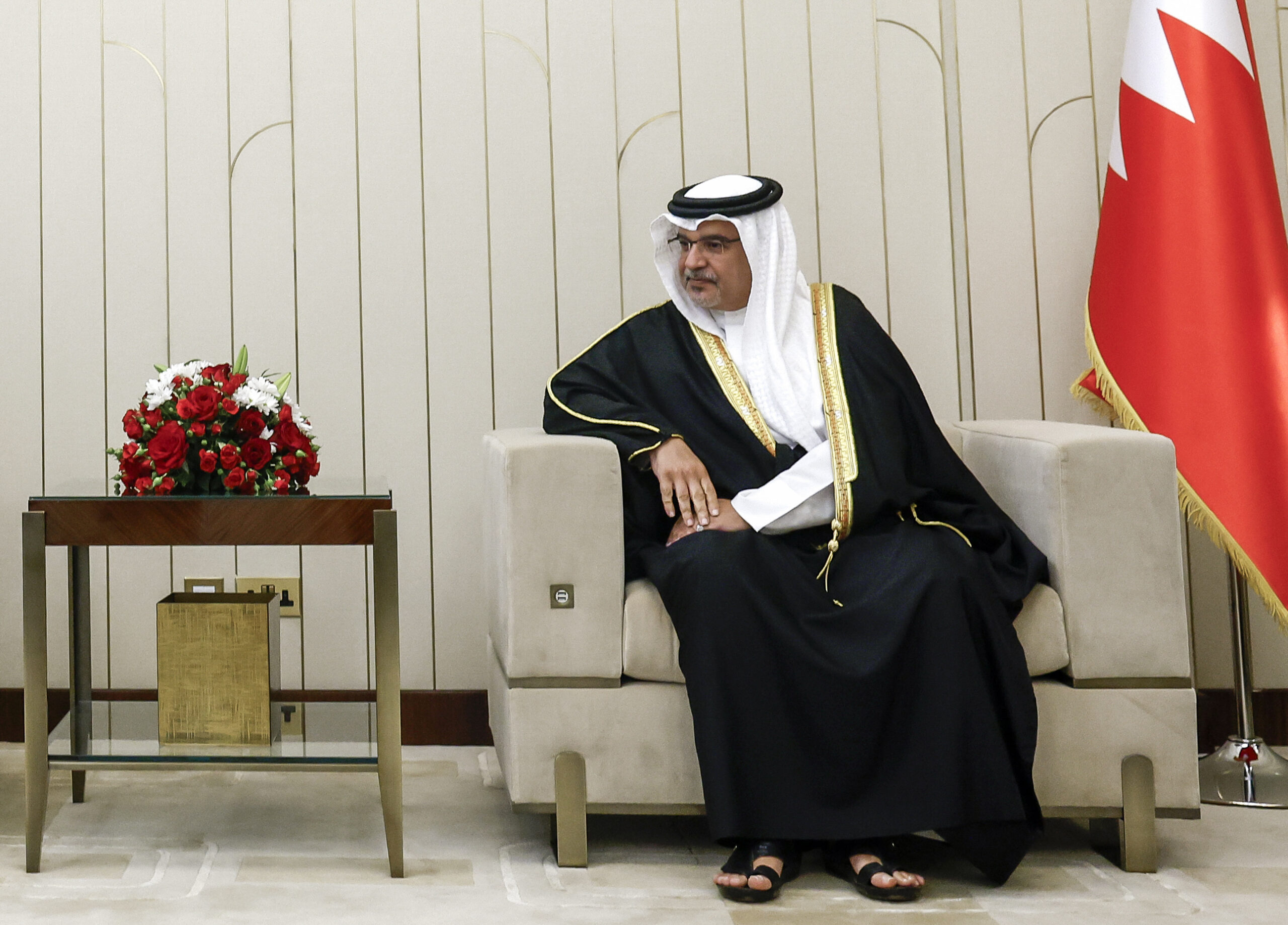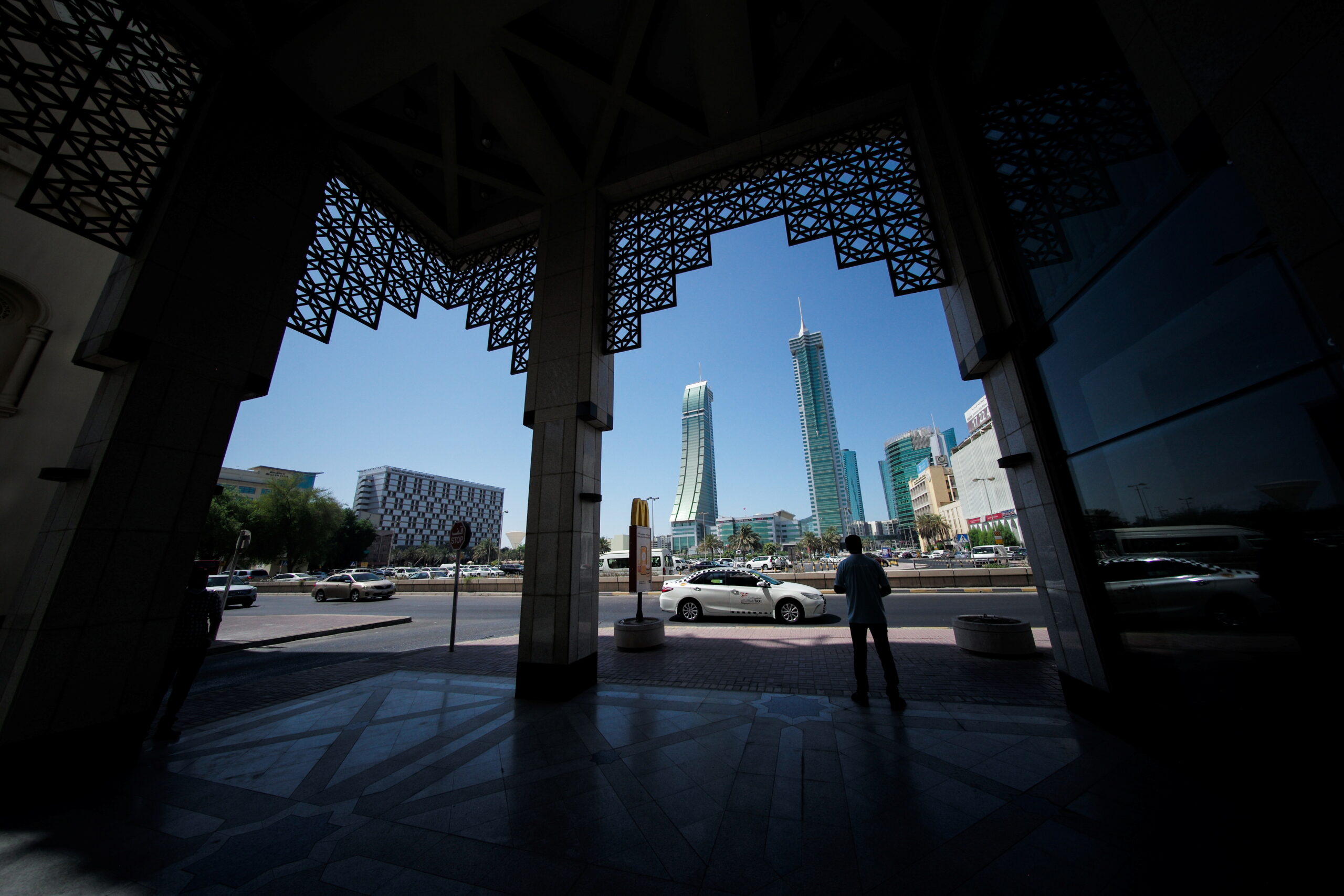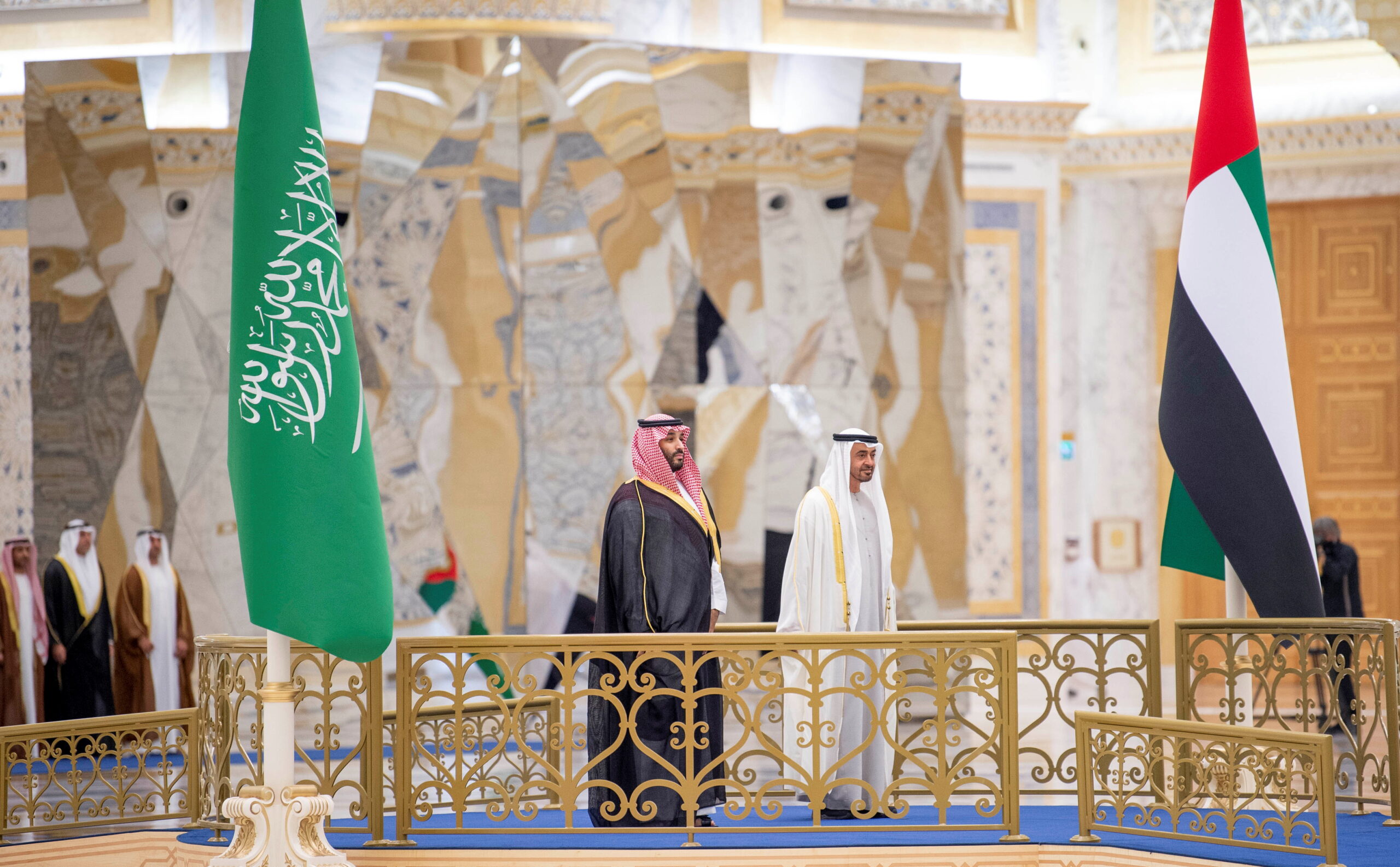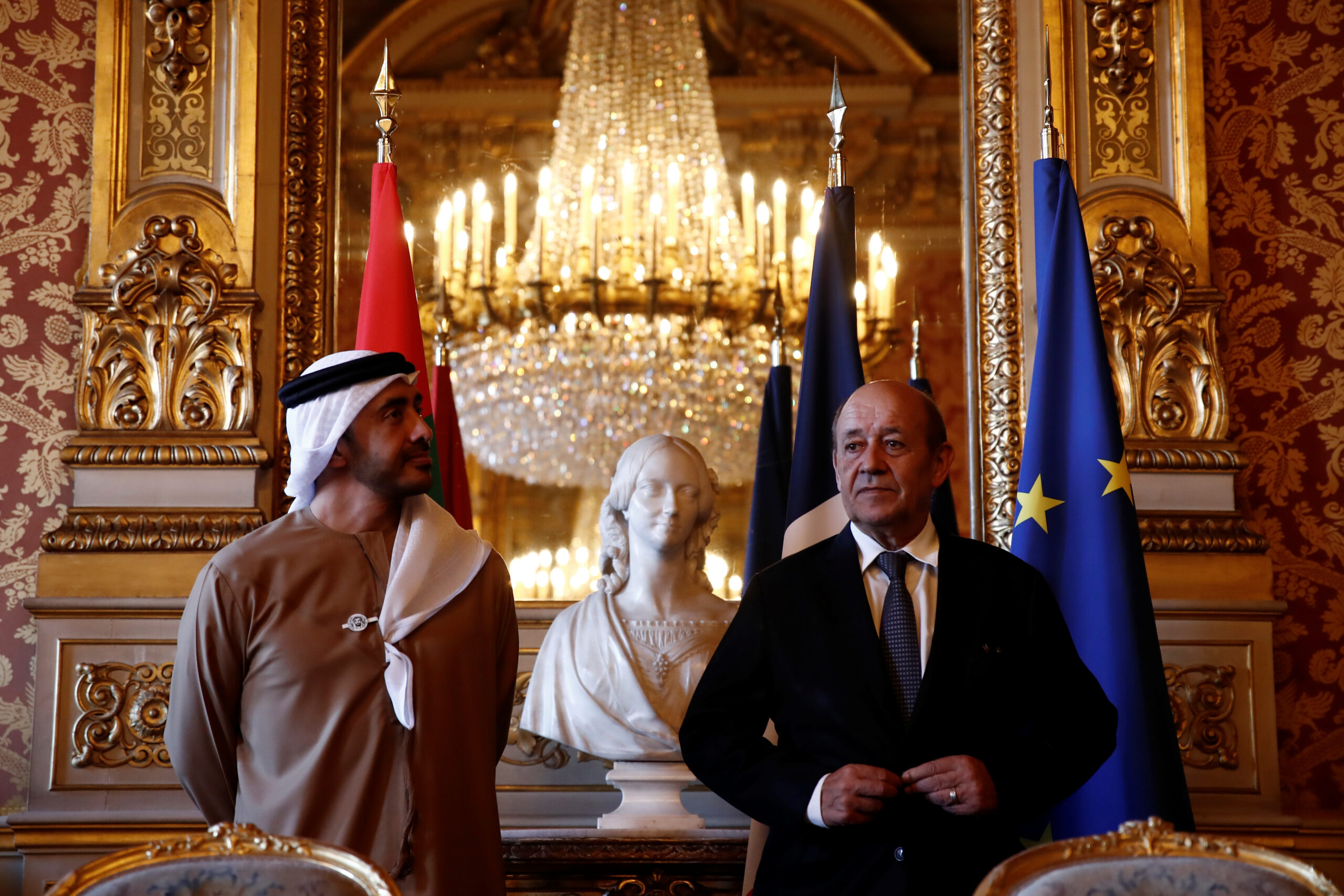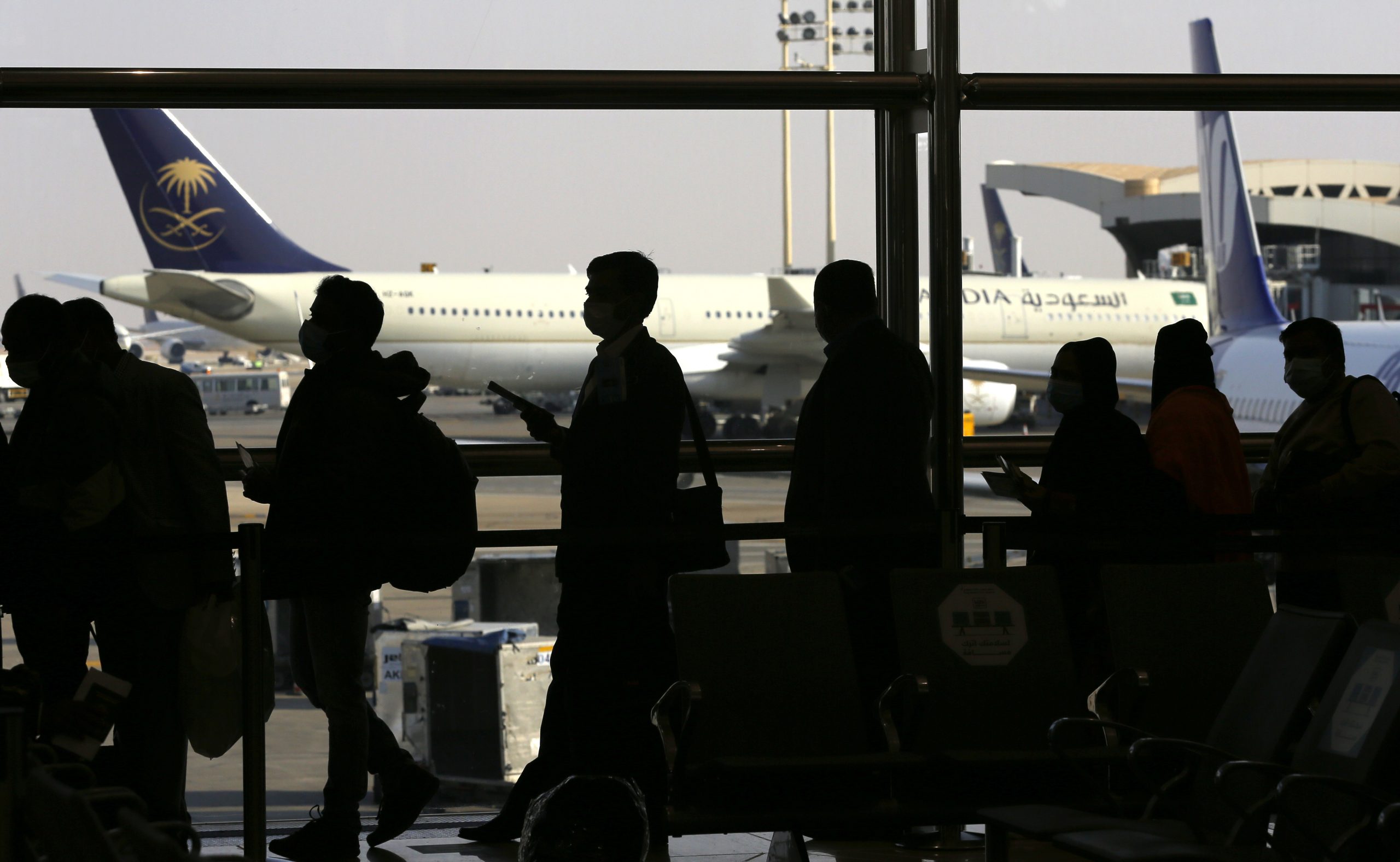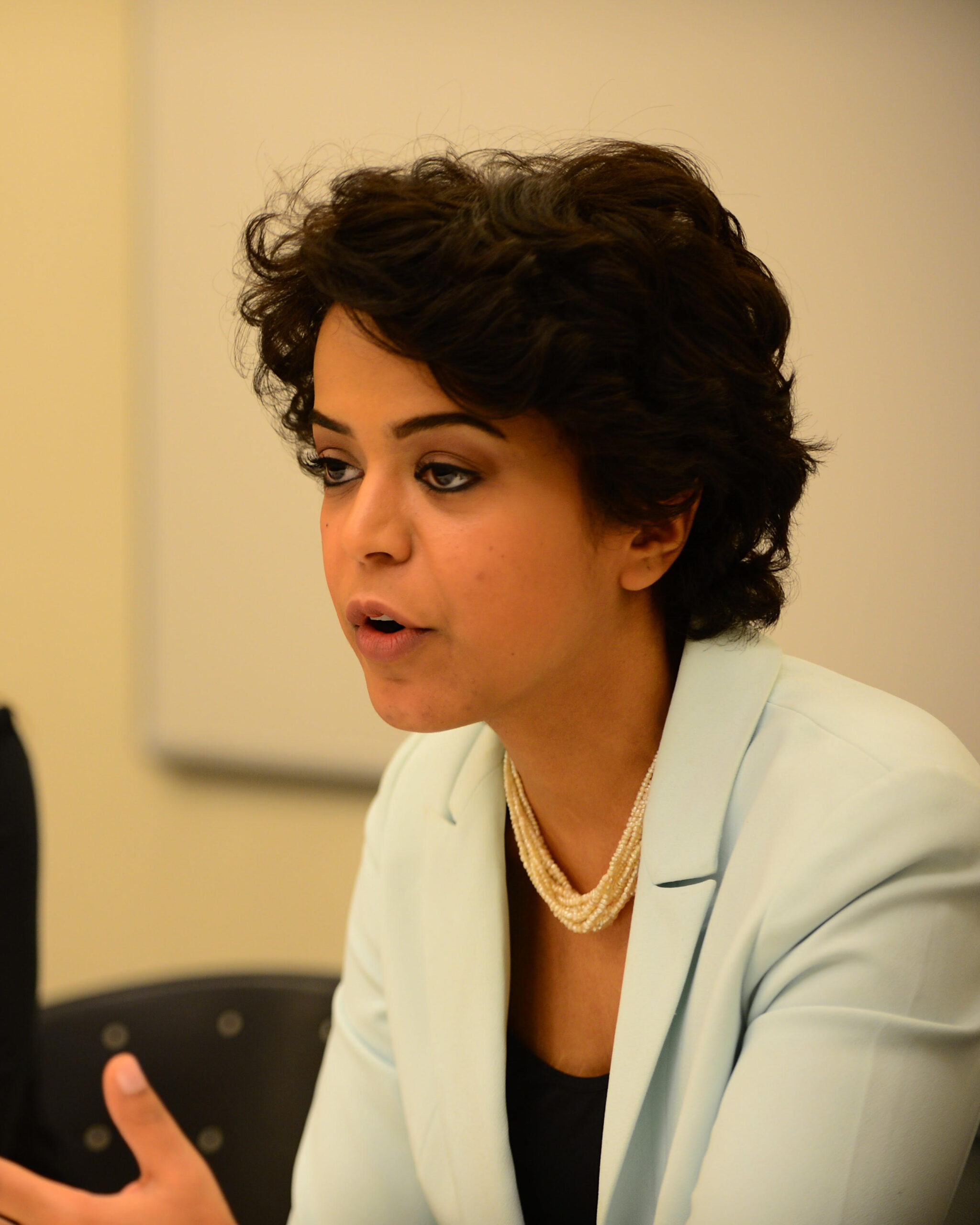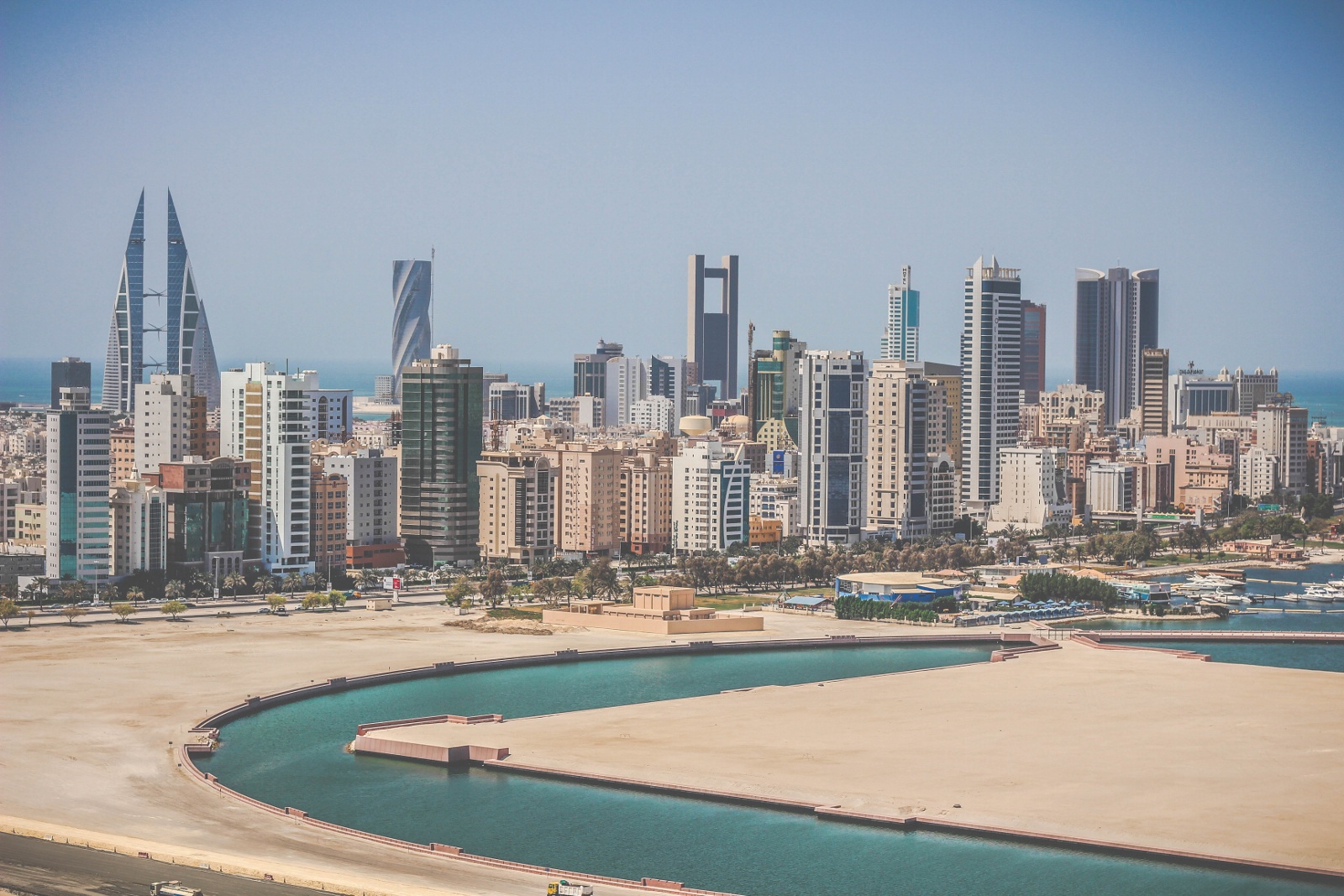
In October 2018, Bahrain launched its Fiscal Balance Program aiming to achieve a balanced budget by the end of 2022, with the assistance of three Gulf partners – Kuwait, Saudi Arabia, and the United Arab Emirates. Many natural resource-dependent countries – including those in the Gulf – have tried to restructure government finances in the wake of falling commodity prices, with little success. However, various indicators suggest that Bahrain’s current efforts are likely to bear fruit.
In 2017, Bahrain’s budget deficit was 1.3 billion Bahraini dinars ($3.5 billion), which was over 10 percent of gross domestic product; and by the first half of 2018, its public debt was 87 percent of GDP. The Fiscal Balance Program’s primary goal is to reduce the budget deficit by 800 million Bahraini dinars ($2.1 billion) and to decrease the national debt to 82 percent of GDP over the next four years. It aims to achieve these goals via six initiatives.
The first is an effort to centralize government expenditure decisions: six, domain-specific taskforces will support a supraministerial committee that has to approve the expenditure requests of ministries and other governmental organizations. The hope is that the restructuring will lead to a harmonized adoption of best practices and the exploitation of economies of scale.
The second is a large-scale voluntary retirement scheme for government employees, which will lead to the elimination of almost 10,000 public sector jobs by the end of 2019. By placing strict constraints on the ability of governmental organizations to rehire as they replace the outgoing personnel, the government hopes to realize significant savings by reducing recurrent expenditure. Moreover, it bears the corollary benefit of making high quality civil servants – often those most likely to seize the opportunity for early retirement – available to contribute to the private sector, which is a central component of Bahrain’s Economic Vision 2030.
The third is the balancing of the Electricity and Water Authority’s expenditure and revenue, by continuing to roll back subsidies to basic commodities, such as power and water. The reforms introduced since 2014 have already saved the government approximately 170 million Bahraini dinars ($450 million) per year.
The fourth, which builds on the third, is a reformulation of the prevailing subsidy system, which is largely not determined by income, providing rich and poor with equal access to subsidies. The plan is to transition to a completely income-contingent system, to ensure that subsidies are not “wasted” on elevating the living standards of the richest segments of society. Saudi Arabia introduced such a system in January 2018: Households receive a direct financial transfer from the government depending on the household’s gross income, and when the household’s income is sufficiently high, it no longer qualifies for any income support.
The fifth is improving the efficiency of government expenditure, through measures such as tackling corruption and establishing an office dedicated to the task of managing the national debt.
The sixth is simplifying government processes and increasing non-oil revenue. This involves the continuation of the government’s digitization plans, which includes the recent transition to Amazon Web Services for all governmental organizations. Since the establishment of the Information and eGovernment Authority in 2007 (originally as the eGovernment; it was subsequently merged with the national statistics office), the Bahraini government has seen massive savings predominantly from labor-saving upgrades. In efforts to increase non-oil revenue, Bahrain has imposed a value-added tax and has indicated it plans to introduce other revenue-generating instruments.
Will the plan succeed? Some of the early indications are positive, but before exploring them, it is worth explaining the theory of why austerity packages frequently fail, as has happened in many Latin American countries, and even recently in certain Western European ones.
The basic problem is that fiscal belt-tightening involves diminishing the resources controlled by bureaucracies, something that bureaucracies are built to resist. This problem is exacerbated by the fact that many government services are natural monopolies (law enforcement, immigration, legislative bodies, and so on), meaning that there is no competition to impose financial discipline on their activities. Moreover, governments have deep pockets, due to their ability to borrow billions of dollars at low cost in global financial markets. Consequently, government bureaucracies are not used to having to restructure or downsize their activities in response to competitive forces; by default, they just tend to bloat over time. In contrast, a private company regularly has to expand or shrink its operations as market conditions change, making it much more malleable.
In the context of Bahrain’s Fiscal Balance Program, there are four factors that serve to increase the likelihood of success.
First, the high level of the public debt has resulted in increased interest payments, and even precipitated a currency run during the summer of 2018, which was overcome when the ministers of partner Gulf countries delivered a joint statement to markets assuring them of their support for the Bahraini economy. The large public debt means that Bahrain can no longer afford to delay reforms. In contrast, a country such as Kuwait can take its time over fiscal reforms due to the prevailing budget surplus and the low public debt. In this sense, Bahrain has a very strong incentive to make its Fiscal Balance Program succeed.
Second, in December 2018 Bahrain restructured its Ministry of Finance, renaming it the Ministry of Finance and National Economy to emphasize the government’s awareness of the importance of fiscal sustainability to the economy. New departments have been established with tasks that relate directly to the Fiscal Balance Program and involving the same personnel who worked on formulating the plan. This will help overcome the natural bureaucratic reluctance to implement such deep reforms.
Third, the involvement of Bahrain’s three Gulf partners adds considerable weight to those in charge of implementing the Fiscal Balance Program. The performance of the economy is now seen as a central component of national security. Moreover, Kuwait, Saudi Arabia, and the UAE have a strong interest in seeing a secure and prosperous Bahrain, due to the importance of Bahraini national security to their own. This regional support strengthens the hand of the Bahraini government as it moves to implement reforms, some of which have been met with resistance.
The Bahraini government has made a positive start. Despite widespread handwringing among parliamentarians and on social media, the value-added tax was implemented according to schedule in January and subsidy reforms continue according to schedule. Traditionally, in resource-rich economies, it is precisely these kinds of unpopular policies that are canceled at the first hurdle. Moreover, thousands of government employees have retired early, and will continue exiting in organized tranches over the course of the year.
There are many difficult challenges ahead in implementing the Fiscal Balance Program, including the transition to a means-tested system of subsidies, and in the review of government service fees. However, the initial indications give cause for optimism. As the newly-elected Parliament settles in and the expenditure reforms begin to solidify, the second half of 2019 will offer an opportunity to evaluate progress.
The views represented herein are the author's or speaker's own and do not necessarily reflect the views of AGSI, its staff, or its board of directors.





